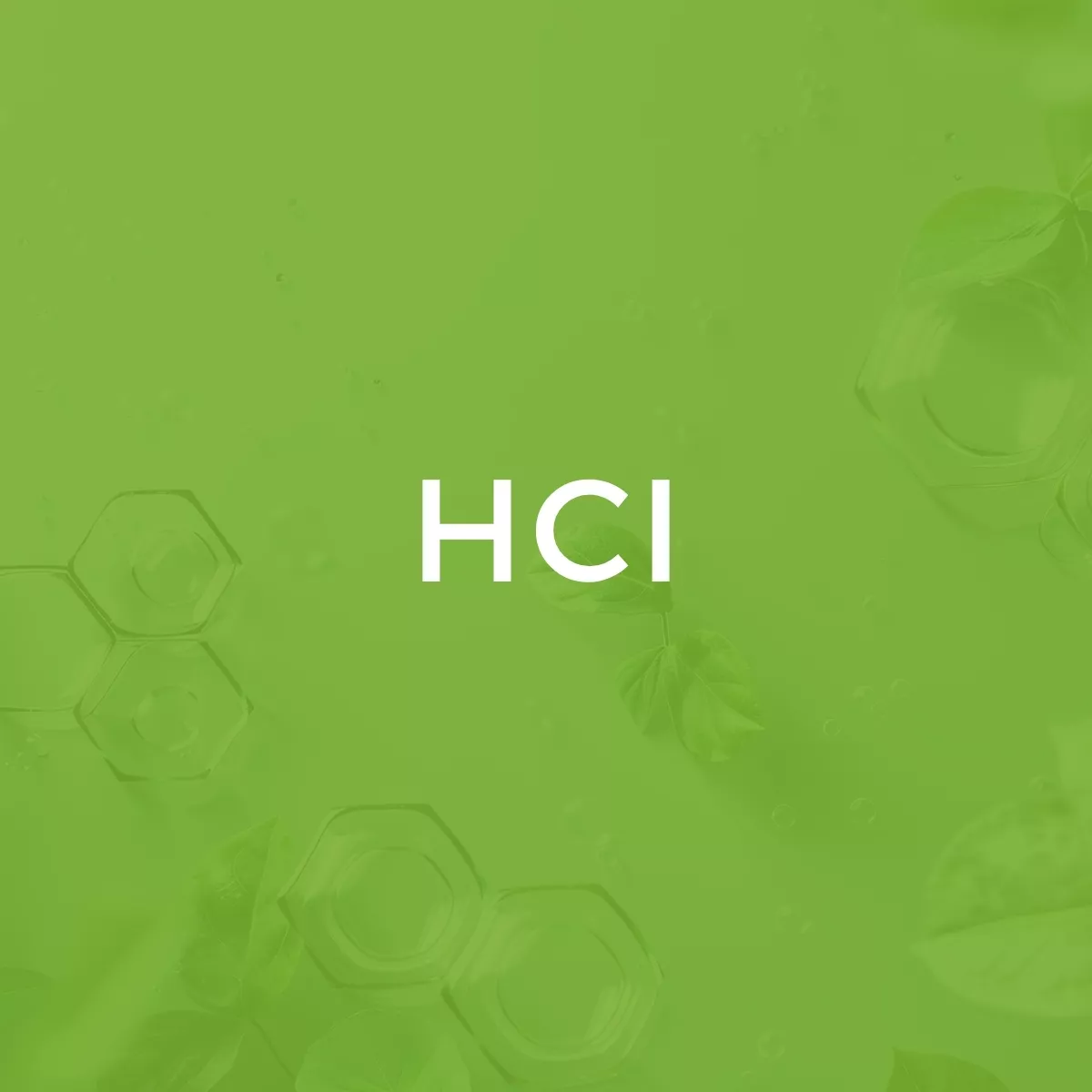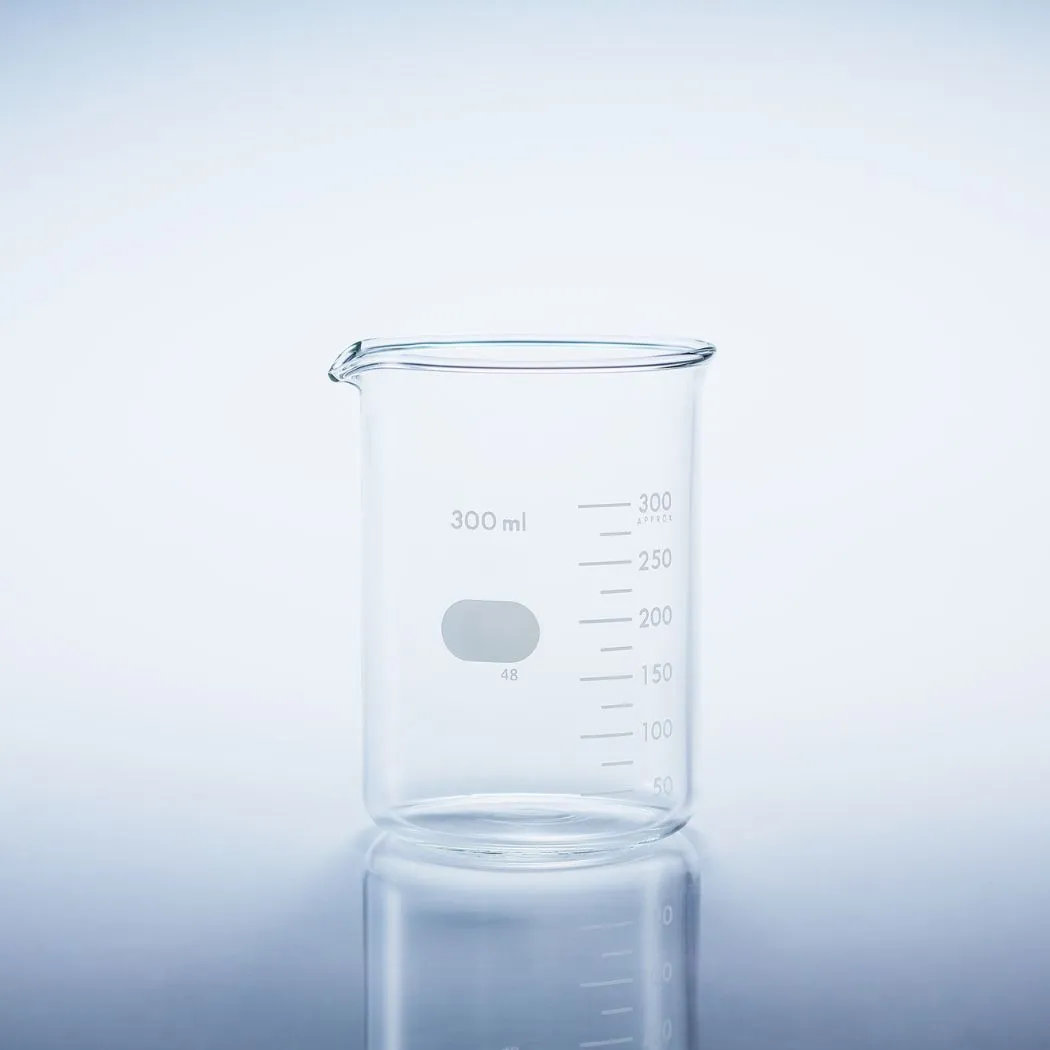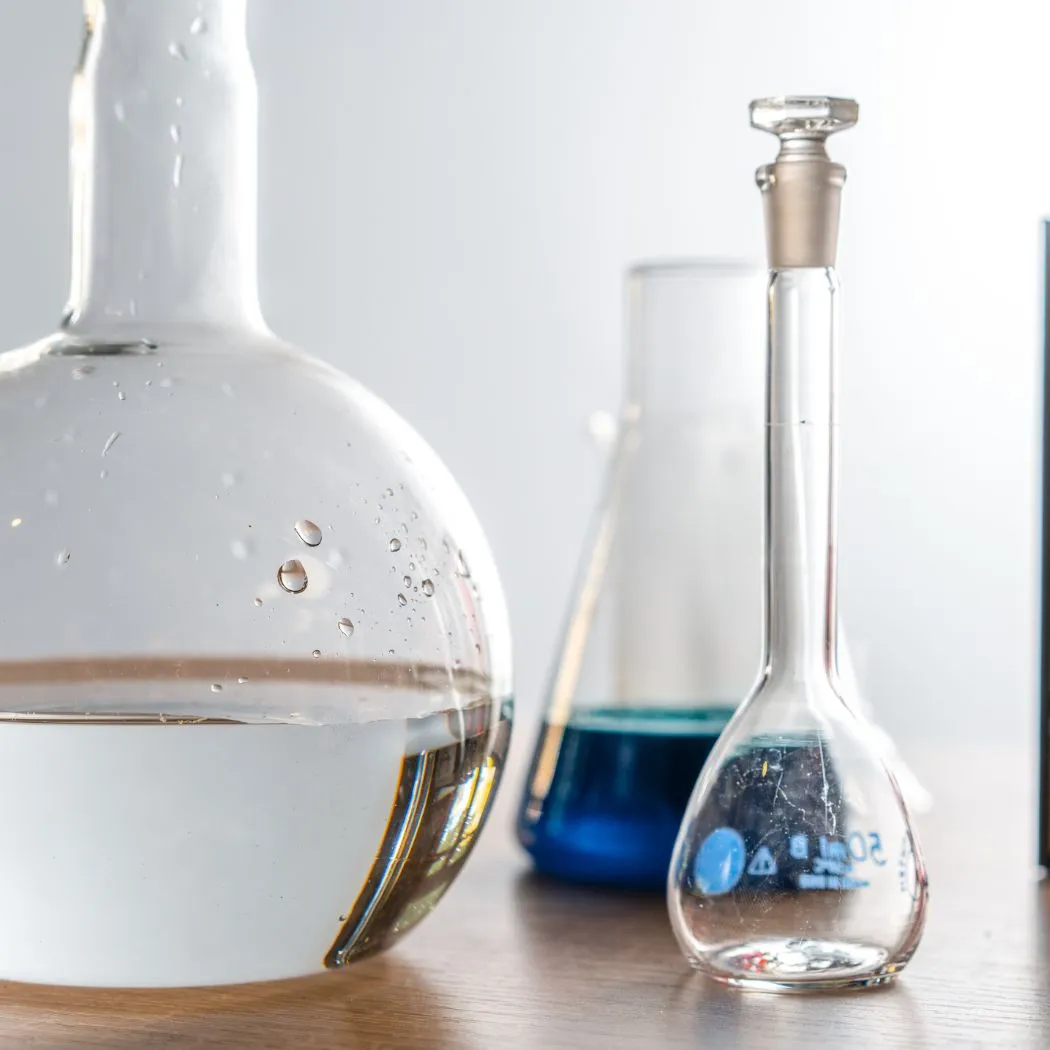
Hydrochloric Acid
Chlorane; Hydrogen Chloride; Chlorhydric Acid; Muriatic Acid; Hydronium Chloride; Spirits of Salt; E507
Key applications
Raw materials for the tanning industry,
Raw materials for the metallurgical industry,
Raw materials for the petrochemical industry,
Raw materials for the food industry,
Raw materials for testile industry,
Raw materials for dairy processing,
Raw materials for electroplating,
Raw materials for dye and pigment production,
Raw materials for construction chemicals production,
Raw materials for household chemicals production,
Raw materials for adhesives, oils, and lubricants production,
Raw materials for plastic production
QUICK QUOTE FORM
Contact us
directly:
What Is Hydrochloric Acid?
Hydrochloric acid, also known as hydrogen chloride in aqueous solution (HCl), is one of the most important and widely used acids in industry and laboratories. Its popularity comes from its strong acidic properties, which make it essential in a wide range of chemical processes such as metal etching, pH regulation, surface cleaning, and the production of numerous chemical compounds. Due to its reactivity and availability, hydrochloric acid is broadly used across industries including chemical manufacturing, food processing, pharmaceuticals, metallurgy, and wastewater treatment.


Physicochemical Properties
Hydrochloric acid is a colorless or slightly yellowish liquid with a very strong, irritating odor that is easily recognizable even at low concentrations. The liquid is highly corrosive and exhibits exceptional electrical conductivity when dissolved in water. A 20% hydrochloric acid solution boils at around 108°C, while pure gaseous hydrogen chloride dissolves readily in water, forming saturated solutions. Due to its physicochemical properties, hydrochloric acid must be stored and transported under specific conditions, using corrosion-resistant materials.

How Does Hydrogen Chloride Work?
Hydrogen chloride is one of the strongest mineral acids. Its mechanism of action is based on its intense reactivity with metals, bases, hydroxides, and many other substances, leading to the formation of salts and the release of gas or heat. These properties make it highly effective in cleaning processes, metal etching, dissolving limescale deposits, and adjusting the pH of industrial environments.

Hydrogen Chloride in the Chemical Industry
In the chemical industry, hydrogen chloride is one of the most important raw materials used in numerous technological processes. It is primarily applied in the production of inorganic compounds and in organic synthesis processes, including the manufacturing of plastics. Hydrochloric acid is also used for pH regulation in various chemical reactions and for cleaning and activating the surfaces of industrial catalysts. Its versatility and wide availability make it indispensable in many areas of modern industrial chemistry.

Hydrogen Chloride in the Food Industry
In the food industry, hydrochloric acid plays a key role as a processing aid in various technological applications. It is primarily used to adjust the pH of food products, purify raw materials, and assist in the production of food additives such as gelatin. It is also applied in sugar refining processes and in the preparation of plant extracts.
Hydrochloric Acid in the Metallurgical Industry
In the metallurgical industry, hydrochloric acid is primarily used in metal pickling processes, where it removes oxides and impurities from the surface of steel, iron, and other alloys. Surfaces cleaned in this way are then prepared for further treatment such as galvanizing, nickel plating, or welding.
Other Applications
Hydrochloric acid, also known as hydrogen chloride, is widely used beyond the chemical, food, and metallurgical industries due to its high reactivity. In leather processing, it is used for cleaning and preparing hides, enabling effective tanning and enhancing the final properties of the material. In the textile industry, it helps regulate the pH of processing baths and prepares fabrics for further chemical treatment. This substance also plays an important role in the production of plastics, as well as in the manufacturing of construction and household chemicals.
As we can see, hydrogen chloride is an extremely versatile industrial raw material with a wide range of applications across various sectors of the economy. Its chemical properties make it an essential component in numerous production processes—from heavy industry to the food sector.


Why it is worth cooperating with us?
Order quickly, efficiently, reduce risk.
The chemical raw materials you’re looking for are in our warehouses
Our own warehouses, fleet of trucks, and stable supply chain mean wide availability and fast order fulfillment
No worries about the quality of chemical raw materials
Concrete actions, not just words, confirm the quality of the materials we offer. It’s our implemented ISO system, HACCP and GMP+ certification, or the GMP+B4 fleet standard
Risk minimized to the minimum
We fully control the supply chain in Poland and worldwide. We have our own fleet of trucks, warehouses, customs warehouses, and a platform for container transport.
Convenient packaging with customization options
Bags, big bags, tanks, pallet containers, barrels, jerrycans, bottles... we tailor the packaging to your needs. We can also provide personalized labels for you.
Partnership at every stage
We respond to inquiries within a maximum of 30 minutes, assign a dedicated account manager, keep our promises, and focus on long-term cooperation.
bonded warehouses
years of experience
trading partners from all over the world
trucks
countries we cooperate with
warehouse area
